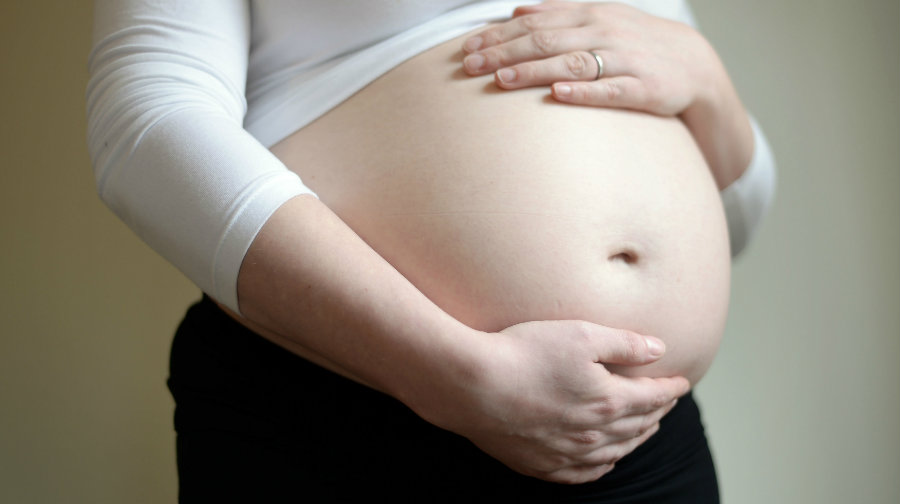
Long-term Weight loss after bariatric surgery sustained long-term
Obese patients who underwent Roux-en-Y gastric bypass (RYGB) lost much more weight than those who did not and were able to sustain most of this weight loss ten years after surgery, according to a study published by JAMA Surgery. Although previous research has demonstrated that bariatric surgery is the most effective intervention for inducing weight loss among obese patients, much of this evidence is based on relatively short one- to three-year follow-up from randomised clinical trials.
This study, Bariatric Surgery and Long-term Durability of Weight Loss, concducted by Dr Matthew L Maciejewski of the Durham Veterans Affairs Medical Center and Duke University, Durham, NC, and colleagues examined differences in weight change up to ten years after surgery in 1,787 veterans who underwent RYGB (573 of 700 eligible [82 percent] with ten-year follow-up), and 5,305 non-surgical matches (1,274 of 1,889 eligible [67 percent] with ten-year follow-up). Differences in weight change up to four years were compared among veterans undergoing RYGB (n=1,785), sleeve gastrectomy (SG; n=379), and adjustable gastric banding (AGB; n=246).
The 1,787 patients undergoing RYGB and the 5,305 nonsurgical matches had an average age of 52 years. Patients undergoing RYGB and nonsurgical matches had an average body mass index of 47.7 and 47.1, respectively, and were predominantly male (73 percent and 74 percent, respectively). Patients undergoing RYGB lost 21 percent more of their baseline weight at ten years than non-surgical matches.
A total of 405 of 564 patients undergoing RYGB (72 percent) had more than 20 percent estimated weight loss, and 224 of 564 (40 percent) had more than 30 percent estimated weight loss at ten years compared with 134 of 1,247 (11 percent) and 48 of 1,247 (3.9 percent), respectively, of non-surgical matches. Only 19 of 564 patients undergoing RYGB (3.4 percent) regained weight back to within an estimated 5 percent of their baseline weight by ten years.
At four years, patients undergoing RYGB lost 28 percent of their baseline weight, patients undergoing AGB lost 11 percent, and patients undergoing SG lost 18 percent. Patients undergoing RYGB lost 17 percent more of their baseline weight than patients undergoing AGB and 10 percent more than patients undergoing SG.
The authors note that the results of this study provide further evidence of the beneficial association between surgery and long-term weight loss that has been demonstrated in shorter-term studies of younger, predominantly female populations.
“More evidence is needed on postsurgical complications, disease resolution, and long-term mental health outcomes to help surgical candidates choose the procedure that is best for them,” the researchers write. “Engaging patients in a high-quality shared decision-making conversation about their weight loss treatment options (including no treatment) is critical because prior studies have found that patients have unrealistic expectations of the weight loss that bariatric surgery will help them achieve. Untreated severely obese patients are unlikely to achieve significant weight loss, although the nonsurgical matches in our study experienced modest weight loss, most likely because of age-related changes.”
“Patients in the Veterans Administration health care system lost substantially more weight than nonsurgical matches and sustained most of this weight loss in the long term,” they conclude. “Roux-en-Y gastric bypass induced significantly greater weight loss among veterans than SG or AGB at four years. These results provide further evidence of the beneficial association between surgery and long-term weight loss that has been demonstrated in shorter-term studies of younger, predominantly female populations.”

